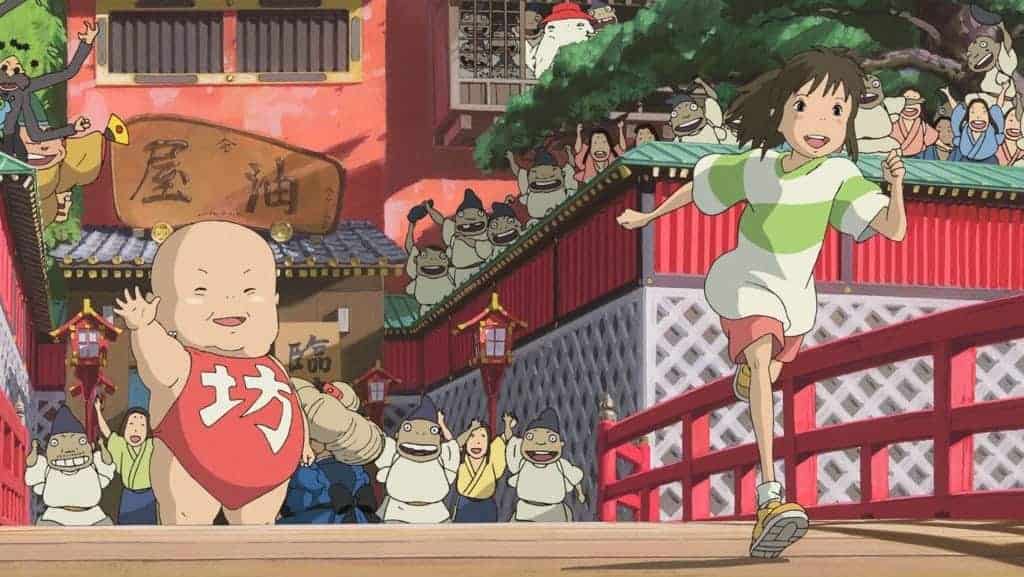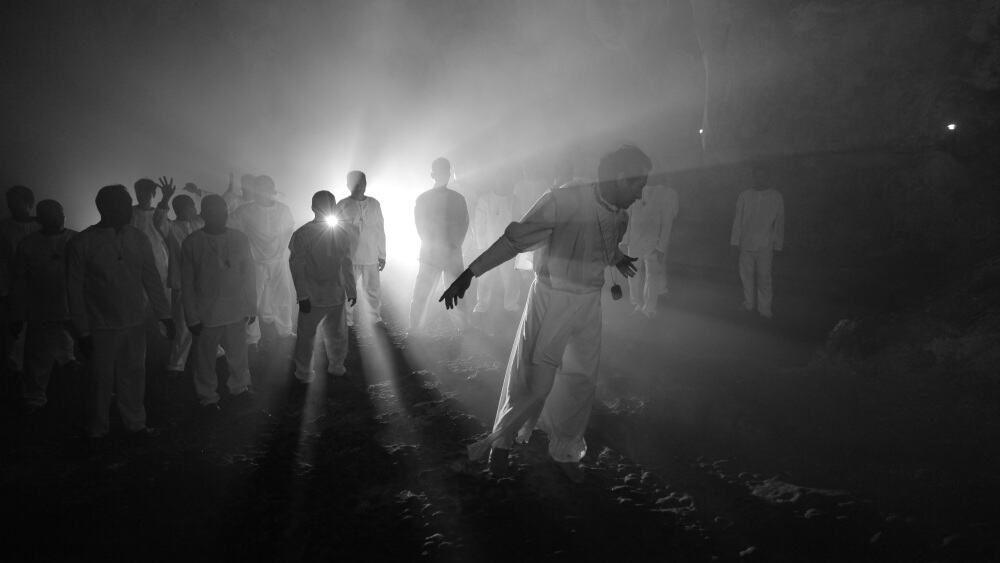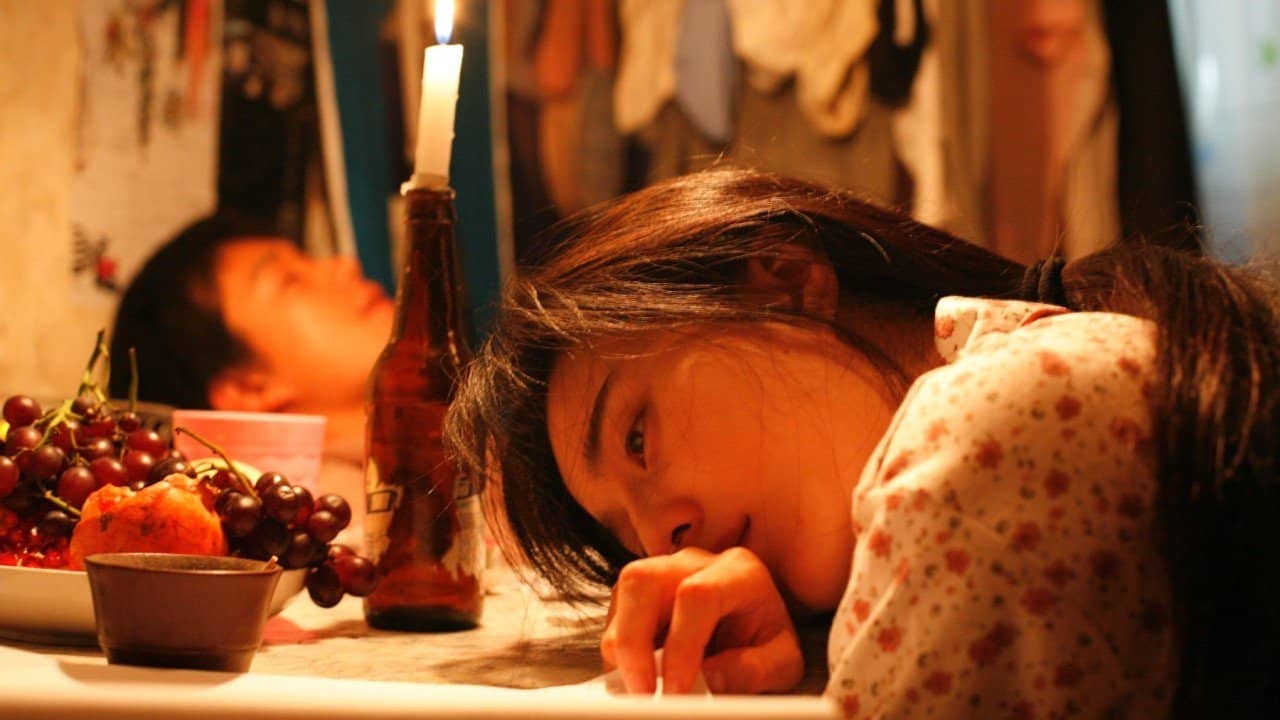Chinese cinema is a layered world waiting to be explored and discovered, particularly in its more “independent” sphere. The term “Chinese independent cinema” refers to a new wave movement in film that emerged in China during the late 1990s and early 2000s. During this time, an increasing number of independent filmmakers began creating films outside of the state-controlled film industry. Since then, directors have been venturing into themes and styles that deviate from mainstream narratives, with a primary focus on the experiences and struggles of ordinary people. Chinese independent cinema has made a significant impact both domestically and internationally by offering alternative perspectives and narratives that often delve into social, political, and cultural issues in contemporary China. This list aims to present five essential works of the Chinese independent film movement from the 1990s that you absolutely shouldn't miss.
5. Mama (Zhang Yuan, 1990)
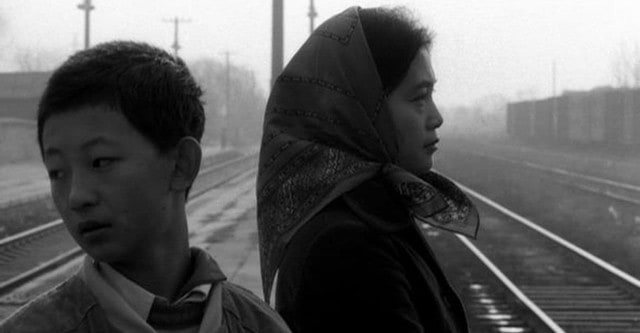
Considered the very first Chinese independent work, this low-budget black and white drama is Zhang Yuan's directorial debut. The story revolves around the hardships faced by a mentally disturbed child who resides with his elderly mother in a rundown neighborhood in Beijing. It garnered considerable attention and controversy for its uncompromising depiction of often overlooked subjects, such as the experiences of single mothers and individuals with mental disabilities, and the profound struggles they encounter. In contrast to conventional narratives, “Mama” fearlessly confronts these issues directly, shedding light on the frequently neglected facets of society.
4. The Days (Wang Xiaoshuai, 1994)
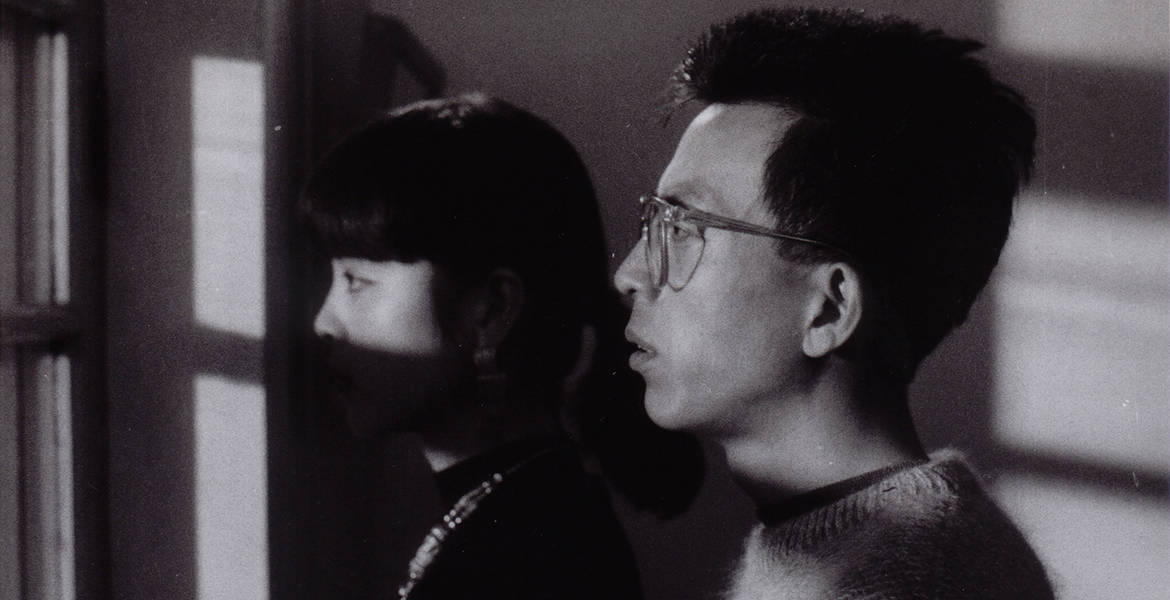
“The Days” revolves around the decadent daily life of a failed painter couple in Beijing. Almost the entire film is shot inside the couple's small apartment on the campus of an art institute in the capital. This black and white work captures the desolation of the post-Tiananmen generation: Xiaodong fears he won't be able to complete or sell his paintings, while his wife Xiaochun appears to lack any artistic ambition. The use of voice-over narration throughout the scenes gives the film a semi-documentary feel, focusing on the psychological breakdown of artists in the 1990s.
3. Bumming in Beijing: The Last Dreamers (Wu Wenguang, 1990)
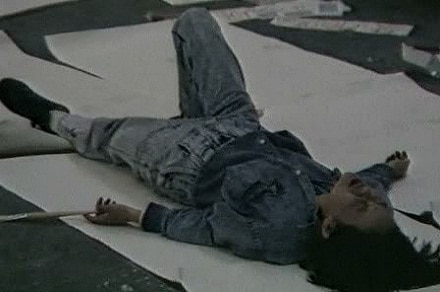
In this independent documentary, director Wu Wenguang follows the lives of five bohemian artists who reside amidst the ruins of the Old Summer Palace in Beijing. The young protagonists, including a writer, two painters, a theater director, and a photographer, all strive for personal and artistic fulfillment in the Chinese capital. The film provides an intimate and unfiltered portrayal of their daily struggles, creative pursuits, and the challenges they face in the midst of rapid social change. “Bumming in Beijing” has been acclaimed for its raw and authentic style, as Wu Wenguang adopts a cinéma vérité approach, capturing candid moments and intense conversations. It offers a unique perspective on the bohemian subculture and the aspirations of young Chinese artists.
2. Paper Airplane (Zhao Liang, 1991)

Filmed from 1998 to 2001, “Paper Airplane” is a tragic portrait of a group of young drug addicts in the outskirts of Beijing. The protagonists are part of the underground rock scene, but their musical dreams shatter when they turn to substance abuse as an escape from a disappointing reality. The director's intention is to “express a feeling of confusion, the sensation of feeling lost and powerless, a kind of pain typical of the youth that emerged in China in the 1990s.” “Paper Airplane” offers a poignant exploration of the struggles and disillusionment faced by these individuals, providing insight into the challenges of youth in contemporary Chinese society.
1. Pickpocket (Jia Zhangke, 1997)
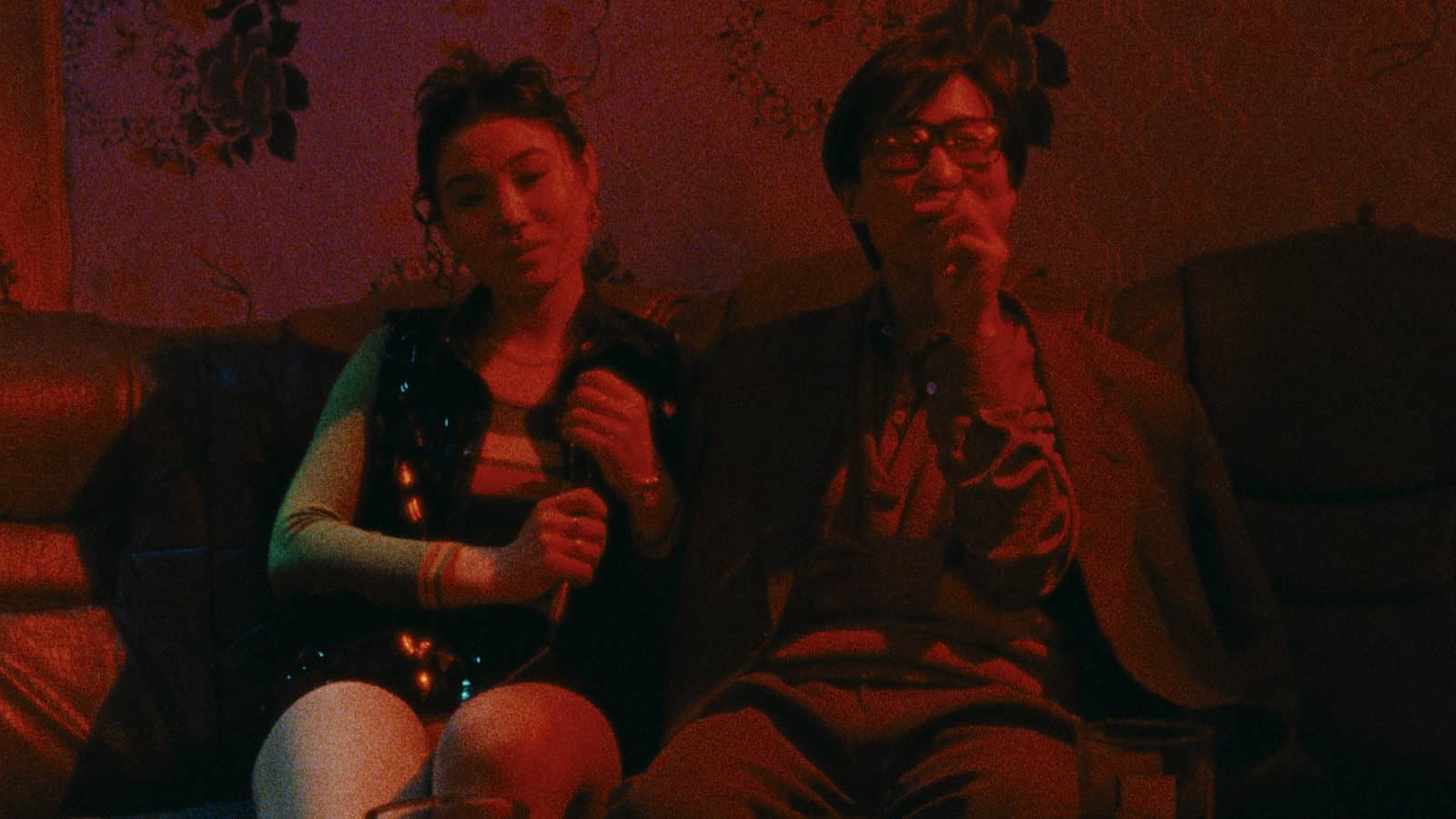
This masterpiece tells the story of a small-time thief named Xiao Wu (Wang Hongwei), providing a realistic portrayal of his life in a small town in China. Jia explores themes of alienation, disillusionment, and the changing social landscape in contemporary China with his distinctive style, marked by long takes and a focus on everyday details. This work is considered a milestone in Chinese independent cinema, showcasing Jia Zhangke's talent for depicting the challenges faced by ordinary individuals in a rapidly transforming society.




